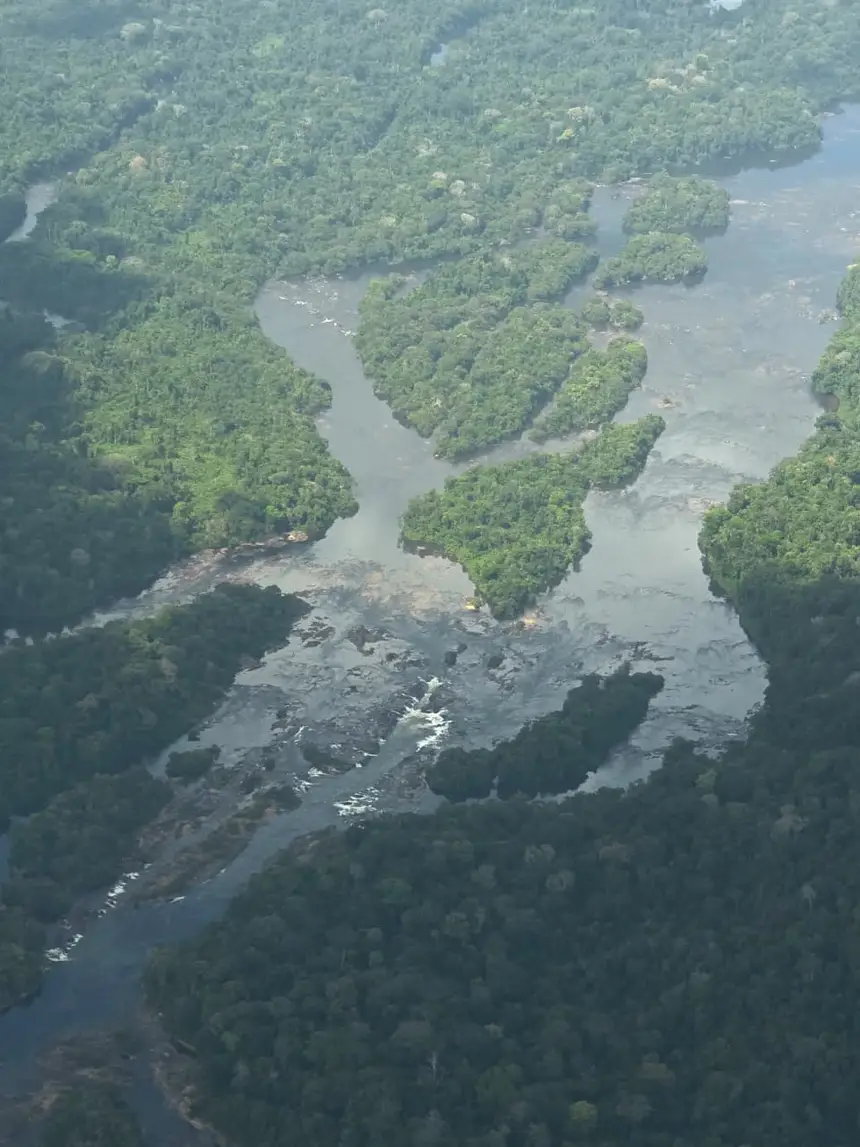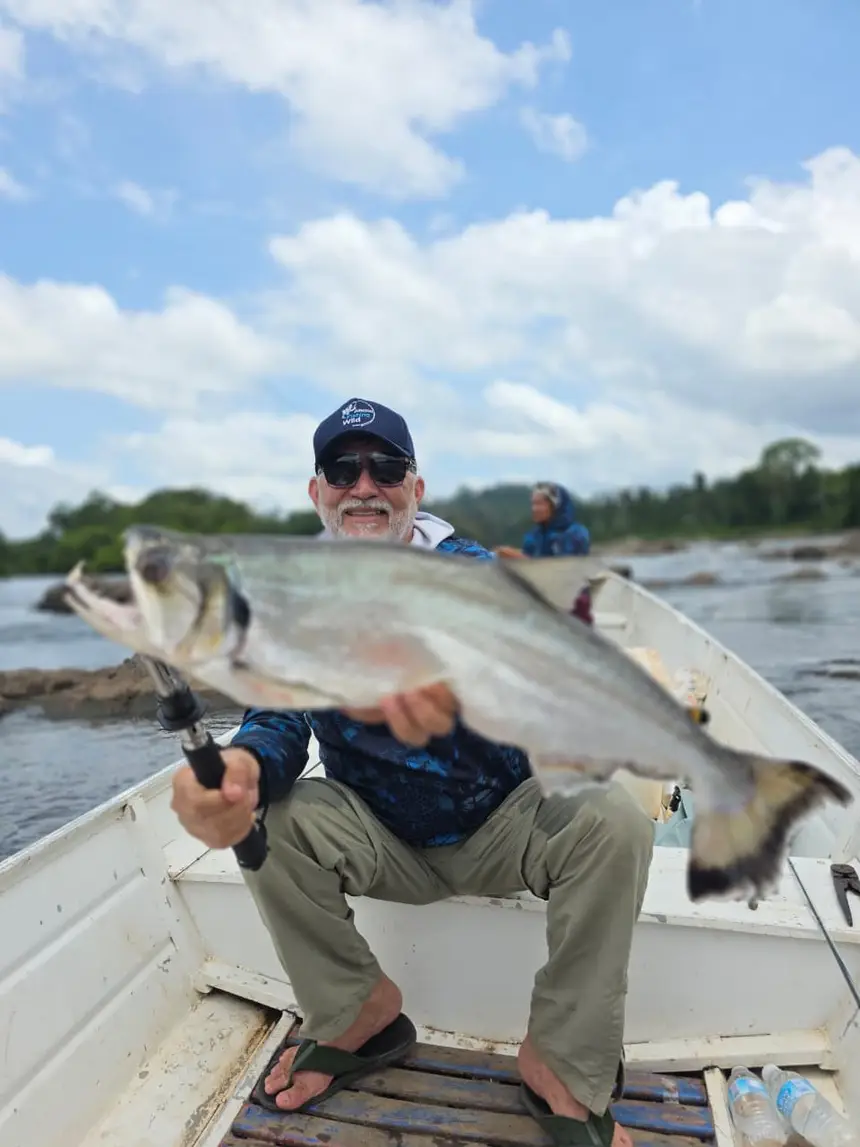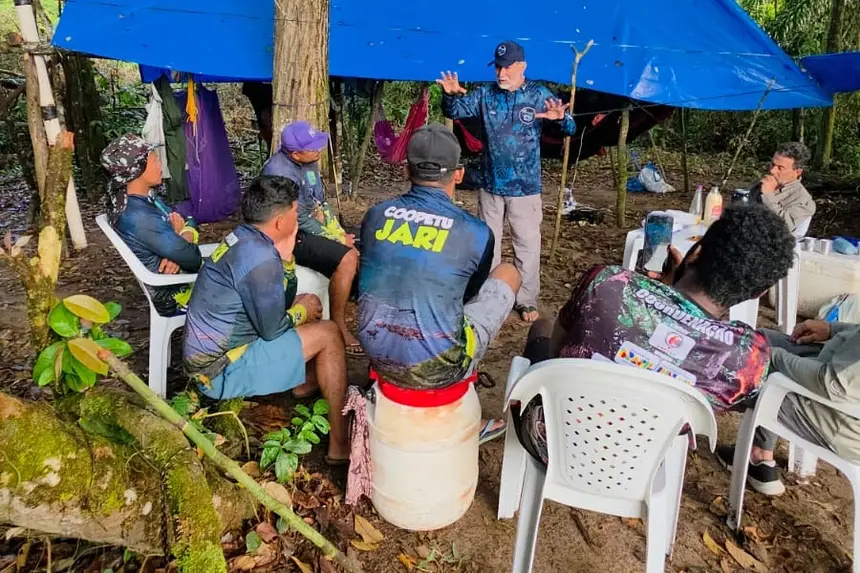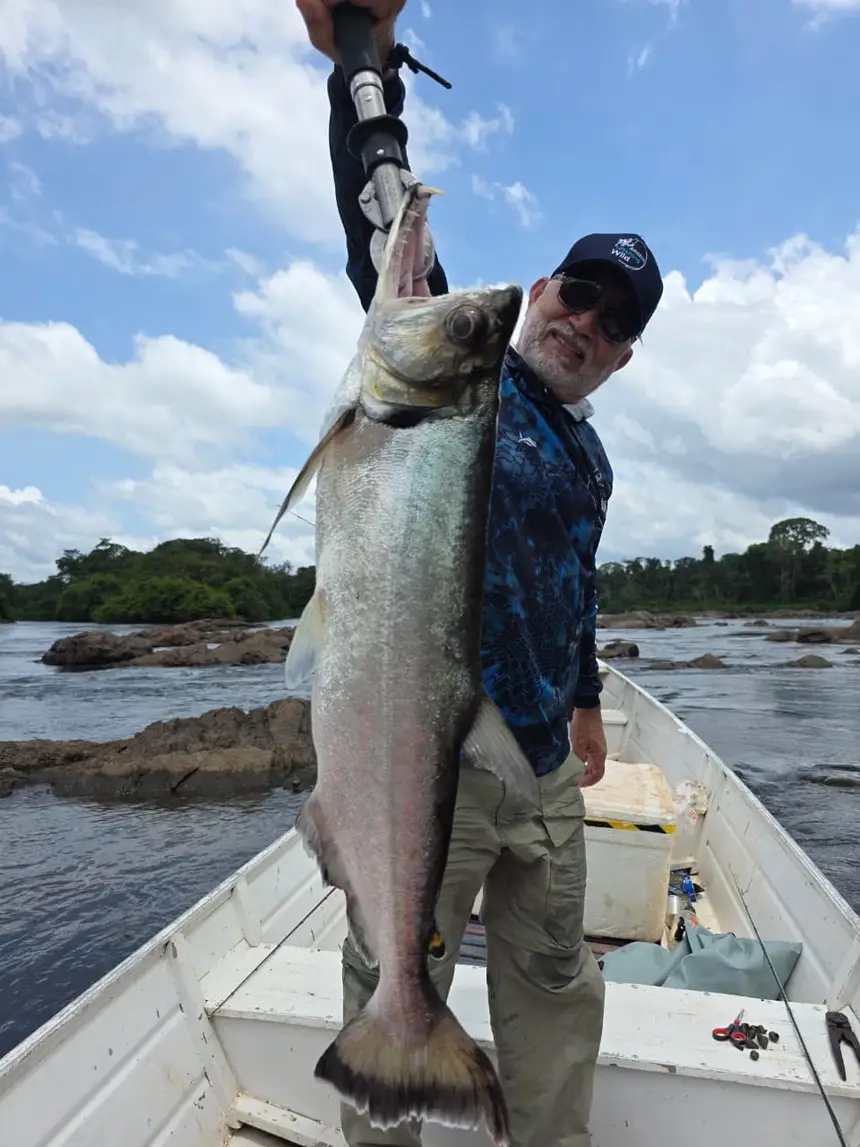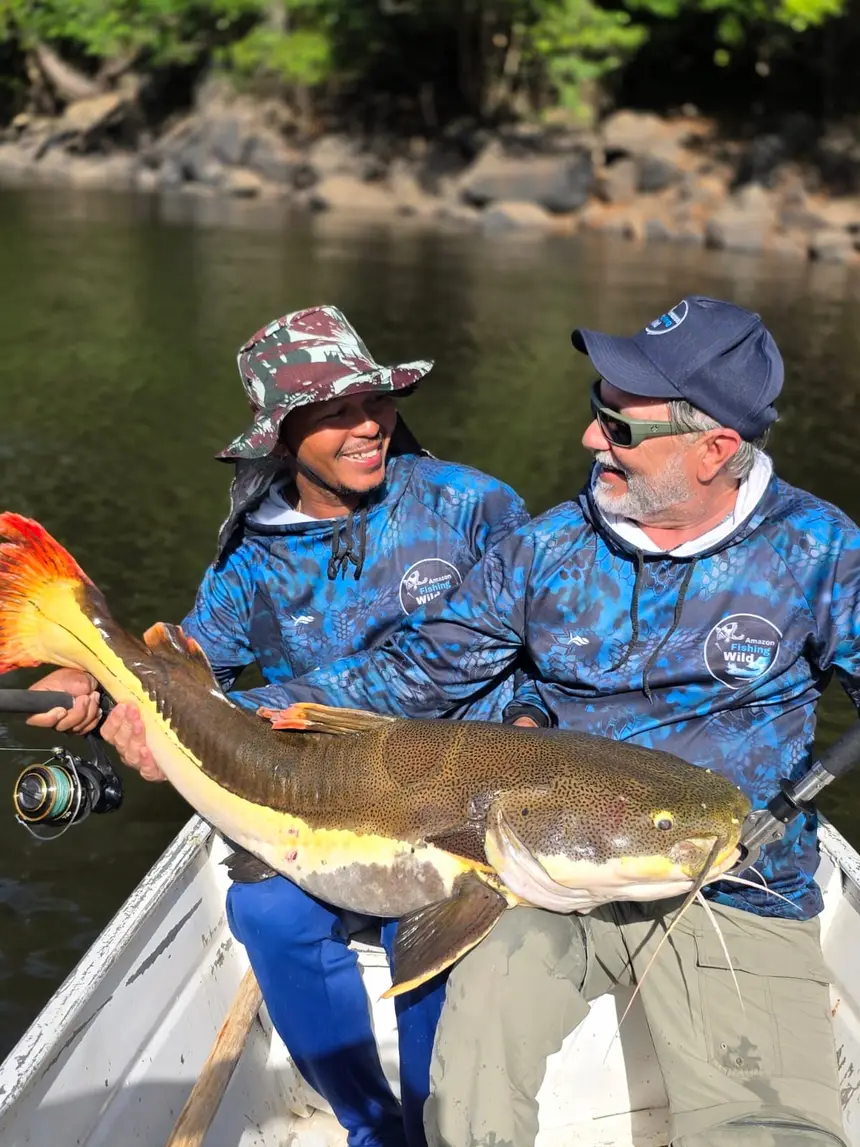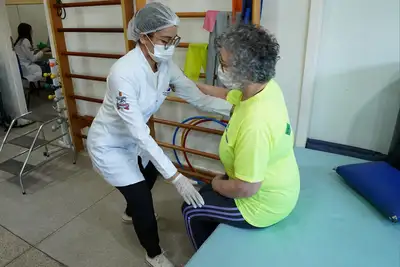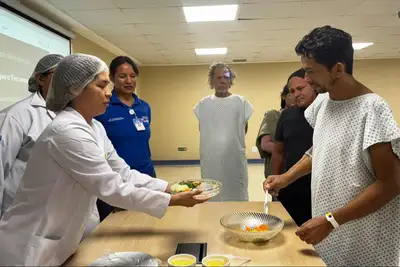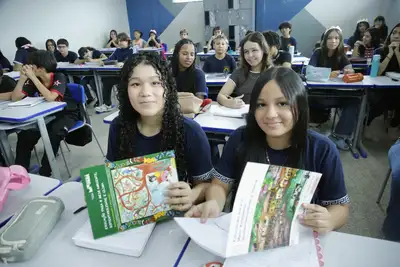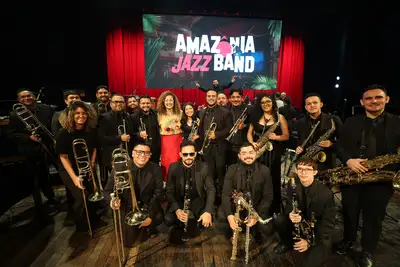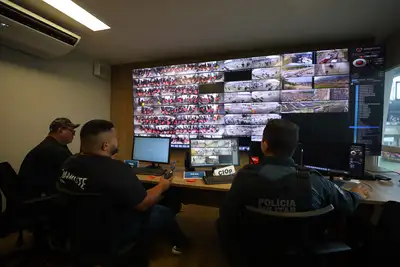Expedition helps to develop Pará's potential for sport fishing tourism
Initiative integrates partnership between the Government of Pará and the private sector, with an emphasis on environmental conservation, income generation, and strengthening community-based tourism
The expectation of a future where sustainable tourism becomes one of the main gears of development in the Amazon can summarize the Exploratory Expedition Jari 2025, held in the Paru State Forest (Flota Paru), located in western Pará, in the North Channel of the Amazon River, with the aim of recognizing and mapping areas of high potential for sport fishing and community-based tourism. The action was conducted by the State Tourism Secretariat (Setur), the Institute for Forest Development and Biodiversity (Ideflor-Bio), and the private initiative, between the months of October and November.
“Sport fishing tourism is a concrete opportunity to unite environmental conservation, income generation, and the appreciation of Amazonian culture. Projects like this, carried out legally and sustainably, demonstrate the commitment of the Government of Pará to transform our natural resources into development, ensuring that local communities are the protagonists of this process,” said the Secretary of Tourism of Pará, Eduardo Costa.
The Paru State Forest, where the Jari River is located, is an environmental conservation unit, encompassing the municipalities of Almeirim, Monte Alegre, Alenquer, and Óbidos. It houses a rich diversity of fauna and flora, in addition to an exuberant landscape of the Amazon biome. About 96% of its area is covered by well-preserved forests. Currently, the Flota do Paru has some nature tourism activities, such as waterfalls and rapids, with Panama, Bacuri, and Santo Antônio standing out.
For Fábio Oti, from Ideflor-Bio, the technical person responsible for the project, the presence of regulated and low-impact activities is essential to ensure the environmental and social balance of the region. “Having a legalized, organized, and low environmental impact activity adds knowledge and sensitivity to the environment, in addition to generating economic and social development for local populations. We are monitoring the water, fish, animals, and trees, forwarding this data to the managing bodies for a more qualified management of the unit,” he explained.
Fieldwork - The expedition marks the continuation of work started in 2022, when a field team made the first recognition of the region and confirmed the great potential of the Jari River for sport fishing. Now, with the permits issued and the technical base consolidated, the project enters a new phase — focusing on tourism management, environmental conservation, and community strengthening.
“The next step is to provide technical support to enable the necessary investments for the operation of sport fishing tourism, with the aim of ensuring a favorable environment for it, since the identified potential needs to be transformed into a tourism product in actual operation. All this integrated planning between the public and private sectors has great possibilities for generating jobs and income for the communities surrounding the Flota do Paru,” emphasized the manager of the Tourism Products Directorate of Setur, Allyson Neri.
During the days of the expedition, the team conducted technical surveys, measurements, and environmental analyses, in addition to testing baits and recording large fish species, many of which exceed the Amazonian average. Strategic points for future tourism operations were also defined, such as landing sites for amphibious planes, ensuring greater accessibility for visitors and researchers.
Reference - For Wellington Melo, a tourism operator of the expedition, Pará brings together unique conditions to become a world reference in sport fishing, surpassing already established destinations. “In the American market, sport fishing generates over 200 billion dollars per season. And we, here in the Amazon, have a much greater biodiversity — over 3,000 cataloged fish species, many of which are still unknown. This natural wealth, combined with a sustainable model and the partnership between government and communities, can put Pará ahead of traditionally known states, such as Amazonas. It’s a fantastic potential,” he informed.
With a multidisciplinary team formed by biologists, forest engineers, environmental lawyers, and professors, the operation is based on scientific research and the involvement of traditional communities (riverine, indigenous, and quilombola), with respect for the territory and the transformation of knowledge into opportunities.
The next stage of the Jari 2025 Expedition will be the consolidation of technical data, improvement of management protocols, and planning to welcome sport fishermen and tourists interested in low-impact environmental experiences.



